I’m proud to be an ambassador for the National Center for Learning Disabilitites (NCLD) and even though my three children are typicals, I think that all kids benefit from a deeper understanding and empathy for their classmates with special needs. For my kids, diversity no longer means skin color or whether their classmates have two moms. These are non-issues for them (and what wonderful progress in terms of Civil Rights!).
Instead, they will benefit immensely from a deeper understanding their classmates with learning disabilities that may not be obvious to them. This is the new millennium diversity issue and helping everyone succeed will make us a stronger community.
I wanted to share the great resources they have in the hopes that it helps parents. Here are four examples of the information they provide.
National Center for Learning Disabilities Resources
What’s the difference between ADD and ADHD?
The biggest difference is that kids with ADHD are hyperactive—they can’t sit still and are so restless that teachers quickly notice their rambunctious behavior and begin to suspect there might be attention issues involved.
Kids with ADD might fly under the radar a bit longer because they aren’t bursting with energy and disrupting the classroom. Instead, they often appear shy, daydreamy, or off in their own world. More here.
Will ADHD medication change your child’s personality?
When prescribed effectively, ADHD medications work quite well soon after taking them. Your child’s personality won’t change, but his ability to focus and self-regulate will improve, which can make it easier to learn and to manage social situations. More here.
9 common IEP meeting “conversation stoppers” + how parents can respond
Stopper #2: “Your Child Can’t Participate In Academic Classes If He Can’t Pass the State Assessments.
Students with disabilities have a right to have meaningful access to the general curriculum. Parents and IEP teams should work with general education teachers to identify those areas of the curriculum that can and should be incorporated into the student’s IEP and then provide modifications and accommodations through special education services.
Here are possible responses
“It’s absolutely essential that Eric be provided with good instruction in a variety of academic classes in order to meet his IEP goals. We want him to have the same opportunities to learn as all other students at this school, whether he is able to pass the end-of-year assessment or not.”
“We know that we and Eric’s IEP team can determine if Eric will take the regular state assessments or an alternate assessment. Maybe Eric will not reach all the course requirement for this class, but Eric must have the opportunity to learn the same curriculum as the other students.”
More stoppers and how to respond here.
Fun activities to help kids build math skills
Running errands and traveling provide children with lots of opportunities to practice number recognition as well as counting skills. Here are some activities to try when you and your child are out and about:
- Have your child help you compare the cost of various items at the grocery store.
- Have a young child look at a license plate and identify the largest single or double-digit, or add together all the numbers on the plate.*
- As you travel, have your child play “Number Search.” Tell her to be on the lookout for numbers and when she sees one on a car or truck, a billboard, a sign, a building, or anything else, to point out the number.*
- As you and your child drive to an appointment, point out the time on a watch and say, for example, “It’s 3:15, and it takes us 30 minutes to get to your dentist’s office. Are we going to get there before your 4:15 appointment?”*
More ideas here.
Do you have any questions on learning disabilities? I’d be happy to find resources for you at the NCLD site.
BEST #OWNVOICES CHILDREN’S BOOKS: My Favorite Diversity Books for Kids Ages 1-12 is a book that I created to highlight books written by authors who share the same marginalized identity as the characters in their books.

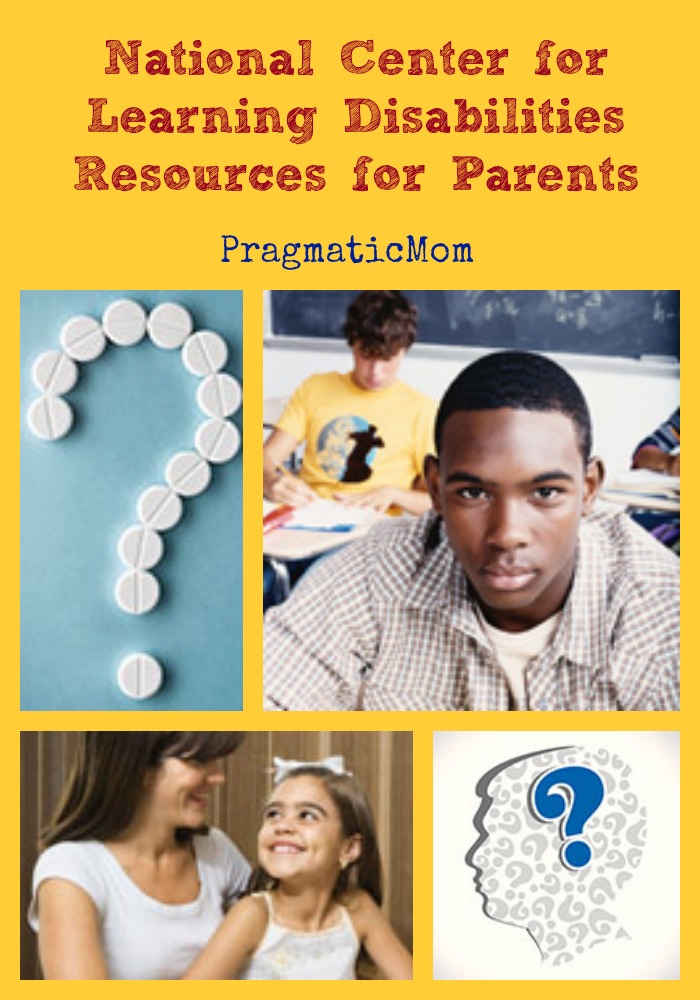
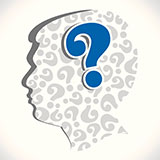


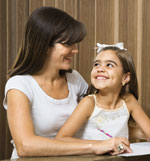
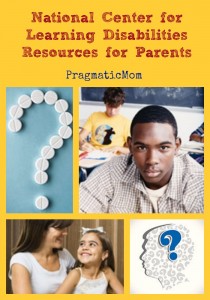
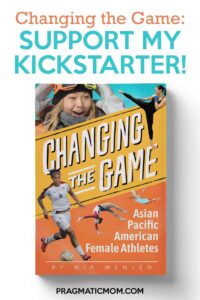
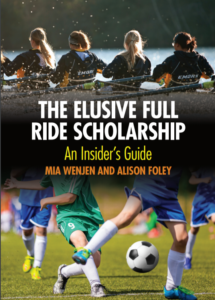

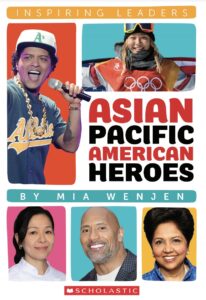

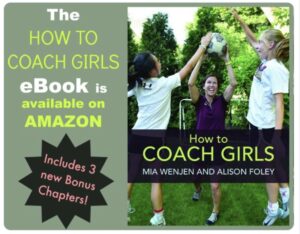


This is obviously a topic near and dear to my heart. What I always remind Dylan is that everyone has *something*. For him, it’s a challenge to maintain attention. For someone else, it might be depression. For another, it could be severe financial issues. Everyone has something or a few somethings they have to deal with. Some are internal; some external. And if someone seems to not have *anything,* either it’s something hidden that they are not sharing or it just hasn’t come along yet. We all have challenges to face and mountains to climb.
Hi Dee,
Your point is well taken — we all have something “different” whether it’s obvious or not. And that “difference” can be perceived as negative but, in fact, be a great gift. I hope you find resources at the NCLD site that are helpful for you. If you need something that doesn’t exist, please let me know. They are asking for what parents need and would be happy to create it.
This is a great project! Maintaining attention is hard for my son too. On a school trip yesterday he sat in a classroom as a Pioneer would have done and had to follow instructions. Everyone else did it but he waited for the handout which wasn’t about the instruction. He copied the handout and didn’t do what he was asked. I know this is way milder than ADD and such but it’s still difficult to deal with. Great post, Mia.
Thanks Catherine,
The National Center of Learning Disabilities is hoping to create a library of resources to help all parents support their children, not matter how mild or severe their learning disability is. I invite you to peruse their site and see if there is material that can help you with any issues your son is experiencing. If the materials don’t seem to apply to your situation, do please shoot me an email. One big takeaway I get from them is that they really want to know what parents need and that they are willing to create materials for their needs.
I was glad to see your parent section on how to respond to issues at an IEP meeting. As a former special education administrator, I spent a lot of time educating parents as to how to get the resources their child deserved. As time goes on, more and more school districts under financial constraints are cutting services to the bone. Most parents are ill-informed and unable to speak up for their rights. The more information they have on hand, the better the outcome will be for their child.
Hi Barbara,
Resource allocation is such a big issue for all schools, even my elementary school. I can see how daunting a task it would be for a parent new to IEP to advocate for their child. I would love to get the word out that this article exists for all parents who might be in this situation of and IEP meeting not going well.
I’m glad you are writing about this! Such an important topic.
Thanks MaryAnne! It’s helpful to me too. I think my kids are kinder when they understand what a classmate is struggling with.
Does it have Dyslexia resources? I sometimes wonder if my son inherited my learning disability although lately he is making so much progress with his reading and writing!
Congrats on being an ambassador!
Hi Ann,
YES! Here’s the links to Dyslexia: Testing for Dyslexia http://www.ncld.org/parents-child-disabilities/ld-testing/testing-for-dyslexia
Is this what you need? I can find more; please just let me know what you need.
I find that there are not enough books that appropriately portray children and/or their parents with disabilities. Similarly, there are not enough disabled authors listed. I’d love to change this. Even though my third grader really enjoyed the Ivan Ho series (recommendations from your book list) the best friend with an eye patch and shorter leg was… … problematic, at best, especially from a disability standpoint. All that said, I thoroughly enjoy going through the lists of your books and appreciate the time and effort that you have made to try and offer positive and authentic selections. Thanks. J.A.
Hi Jan,
Here are a few lists that might be helpful for you:
Physical and Developmental Challenge Books for Kids: https://www.pragmaticmom.com/2019/05/physical-developmental-challenge-books/
15 #OwnVoices Books about Autism: https://www.pragmaticmom.com/2020/11/15-ownvoices-books-about-autism/
Epilepsy in Children’s and YA Books: https://www.pragmaticmom.com/2020/01/epilepsy-in-childrens-and-ya-books-3-book-giveaway/